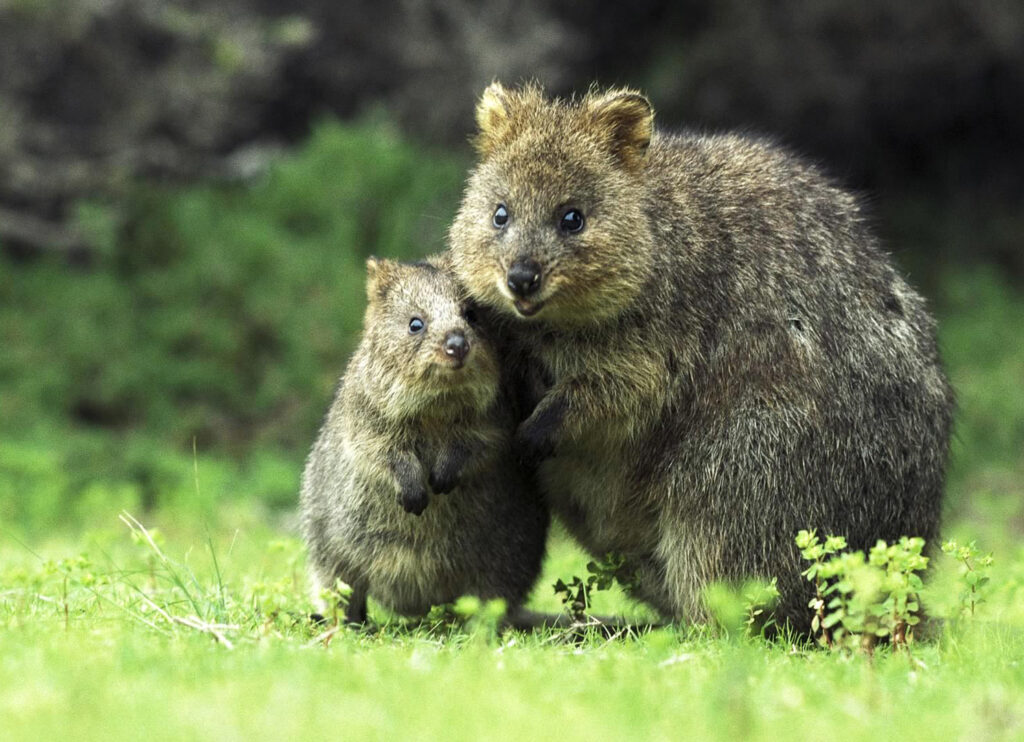
The quokka, often called the happiest animal, may not be as happy as it seems, particularly due to the rise in tourism. They originated in southwestern Australia and face many challenges.
The quokka, known as the happiest animal in the world,” might not be as happy as it seems, especially with the rise in tourism. These little animals, originally from the southwest of Australia, have found themselves in a bittersweet situation, especially on Rottnest Island, just off the coast of Perth.
Initially, the island seemed like a great place for quokkas, with an explosion in their population. But then, lots of tourists started coming, attracted by the chance to take pictures with these smiling creatures. This brought both benefits and challenges.
Impact of Tourism
Tourists often give them food items and alter their natural behavior by being awake in the daytime. This disrupts their normal routine of being awake at night and makes them rely too much on people for food. Additionally, the concentration of quokkas around the tourist hubs, like the golf course, poses risks such as harder-to-find food and increased vulnerability to disease.
Also See: Amazing Animal Reactions During Solar Eclipses
Despite increasing quokka numbers on Rottnest Island, those on the mainland are facing difficulty. Habitat loss due to urbanization and agriculture has pushed them to the brink of extinction. The quokka has lost half of its habitat in the past 200 years, splitting up their groups and making them easy targets for invasive predators like foxes and wild cats.
Solution for the Long-Term Survival of Quokkas
For the long-term survival of quokkas on Rottnest, the only solution is to control tourism there. These efforts can help these species remain alive. Additionally, climate change is also a significant cause of their extinction. If global temperatures rise continuously, predictions show that quokka can face extinction by 2070.
To save quokkas, we do more than just focus on tourism. We should also deal with broader environmental challenges. We can do this by keeping their homes safe, stopping invasive animals from hurting them, and mitigating the impacts of climate change.
Ultimately, the fate of the quokka rests in finding a delicate balance between human activities and conservation efforts. While tourism brings attention and resources to protect these endearing creatures, it also poses risks that must be carefully managed. As we strive to capture the happiness of the quokka in selfies, let’s not forget our responsibility to ensure their long-term survival in a changing world.
